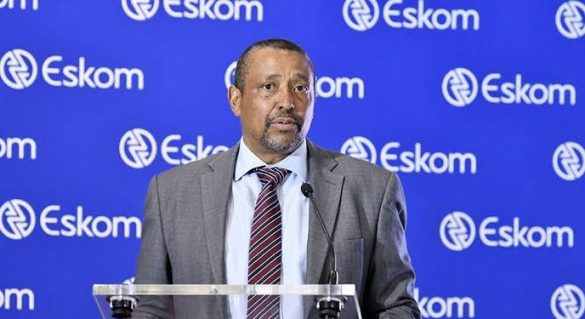South African energy utility Eskom is seeking approval from the National Energy Regulator of South Africa (NERSA) to reserve grid capacity for future public procurement rounds involving Independent Power Producers (IPPs). This move aims to enhance the integration of renewable energy sources into the national grid, addressing the country’s ongoing energy crisis.
Eskom’s proposal is part of a broader strategy to increase the contribution of renewable energy to South Africa’s energy mix. The utility has been under pressure to improve the reliability and sustainability of the electricity supply, amid frequent power outages and load shedding that have plagued the country for years.
The plan involves reserving specific portions of the grid capacity exclusively for IPP projects. This would ensure that new renewable energy projects can be connected to the grid without delays, promoting a faster transition to a more sustainable energy system. Eskom believes that this approach will also encourage investment in the renewable energy sector, providing a boost to the economy and creating jobs.
NERSA’s approval is crucial for the success of this initiative. The regulator is responsible for overseeing the electricity supply industry and ensuring that any changes to the grid capacity allocation are in the public interest. NERSA’s decision will be based on a thorough assessment of the potential impact on the grid’s stability and the overall energy market.
South Africa has set ambitious targets for increasing its renewable energy capacity as part of its commitment to reducing greenhouse gas emissions. The government aims to generate 17.8 GW of renewable energy by 2030, significantly reducing the country’s reliance on coal-fired power plants. Achieving these targets requires substantial investment and coordination between the public and private sectors.
Eskom’s proposal is seen as a step in the right direction by many industry experts. By reserving grid capacity for IPP projects, Eskom is addressing one of the major barriers to the expansion of renewable energy—limited access to the grid. This initiative is expected to accelerate the deployment of renewable energy projects, helping South Africa to meet its renewable energy targets and improve energy security.
However, there are challenges ahead. Ensuring that the grid can handle the increased load from renewable sources without compromising stability will require significant upgrades and investments in grid infrastructure. Additionally, the regulatory framework must be conducive to attracting and retaining private sector investments in the renewable energy sector.
Despite these challenges, there is optimism that Eskom’s initiative, if approved, will mark a significant milestone in South Africa’s energy transition. The successful integration of more renewable energy into the grid will not only reduce the country’s carbon footprint but also provide a more reliable and cost-effective electricity supply.
As South Africa moves towards a greener future, the collaboration between Eskom, NERSA, and the renewable energy industry will be critical. There is hope that with the right policies and investments, South Africa can overcome its energy challenges and build a more sustainable and resilient energy system.
Source: Engineering News



